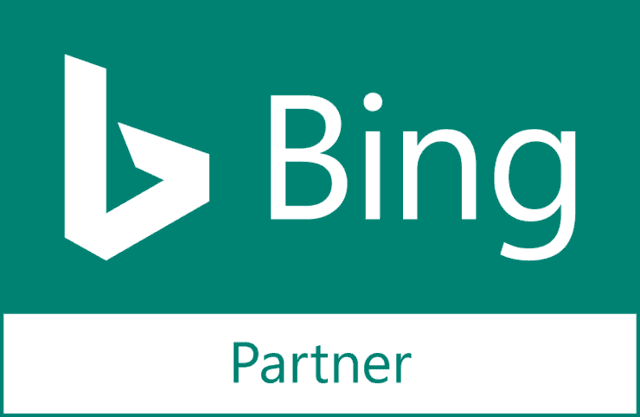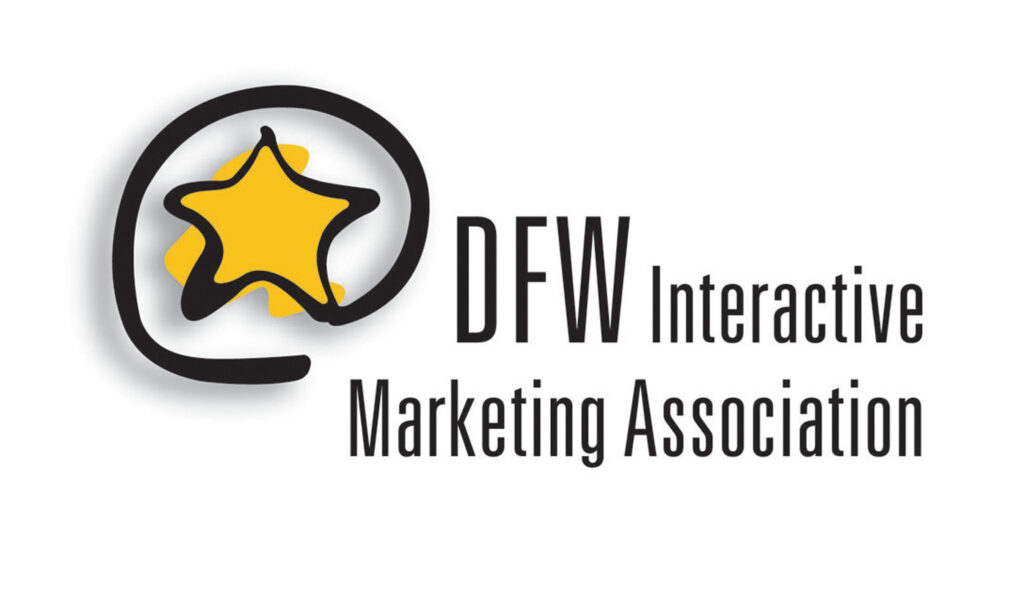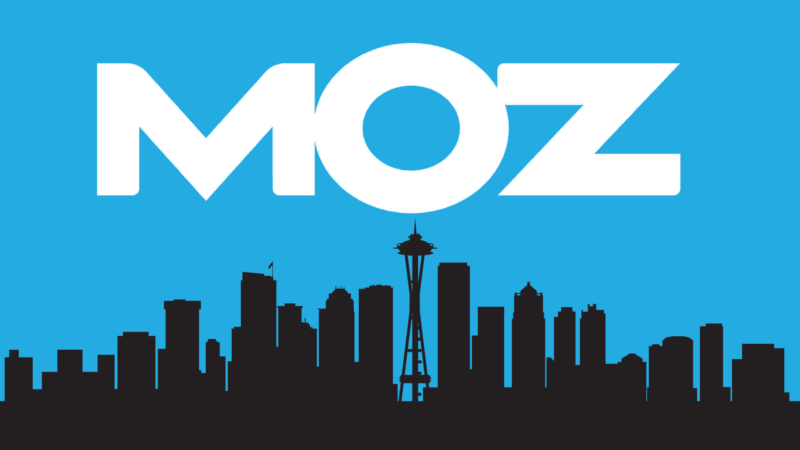On April 26, 2013, I failed to follow tried and true reputation management advice that I have given to literally hundreds of CEOs dealing with a reputation crisis. I let my ego, emotion, and self-righteousness dictate my actions. I became defensive. I fell in love with my own words and added verbosity to my sins. And while the damage was minimal, I set an example that no one should be proud of – least of all someone like me who knows better.
I hope that this post can help others avoid my mistakes.
What happened? Well, here’s the story. WrightIMC, as we have done in the past, decided to sponsor Pubcon in New Orleans, a great trade show that we attend several times per year. These sponsorships have always been good for us, and they allow us to give back to the search engine marketing community that we love. We usually just sponsor the parties, as I feel that’s the best way for us to give back and help everyone have fun. But this year the sponsorship came with something extra. The conference organizers threw in a “bag insert”. We had to come up with something promoting WrightIMC that would be inserted in all of the attendees’ bags.
We didn’t have much time, so we did some brainstorming. Staying true to our “data-driven” roots, we looked at what our most popular blog post was over the last few months. By far, the post that received the most play was Tim Wagner’s “Yo Website So Ugly” post back in February that created a meme in which people invented the 1990s style “Yo Mama” jokes to describe ugly websites.
The decision was made to create a contest where Pubcon attendees could submit ugly websites and our team would judge to determine the ugliest one. The person who submitted the winning site would win $100 cash at the Pubcon show. The plan was after the “winning” site was announced and we were all back in Dallas, we would reach out to the site and offer a pro bono re-design on the sly. We would use it as a case study, too – a before and after if you will. See, we recently completed a local survey in which 75% of respondents said they were unlikely to do business with a company that has an ugly website. We wanted to test that out by making an ugly site pretty.
We had a lot of fun judging this contest and received quite a few entries. We did contact the owners of the site that won the contest – who I won’t name here – and never heard back from them, as of today.
The contest seemed to go well. While we received a good response, no one on our team thought this was a groundbreaking contest idea. I wasn’t knocked out by the concept. Contests like this are a dime a dozen at conferences – but it was fun for the contestants, and it had a point to prove in the end.
The conference was great. We had three WrightIMC people speak, and all of our presentations were well received. We were able to help sponsor an event called the “Epic Dinner” which was amazing and we will sponsor again. We made lots of new friends and reconnected with old friends. And best of all, we left the conference with some potential new clients.
As we were headed back to Dallas, the four of us who went to the conference were reflecting on the week over mediocre cajun food at the New Orleans airport. My phone buzzed and it was a note from Sarah Hodge, our social media content specialist at WrightIMC. The subject line said “Website Contest backlash” and linked to our Web page where a person by the name of Dean Peckenpagh had written a comment that said, “Shame on you guys. You suck for picking on a small business with a legacy design. You should be offering help to them, not finders fees to people for singling them out. Unbelievable.”
I was flabbergasted. Our intent had never been to bully anyone. We were going to help these people out! And who was this guy, that I didn’t know, questioning my firm’s motives and intention? Did he know who he was dealing with (I’m ashamed to say I actually may have said this, and I know I thought it)? We’re WrightIMC, dammit! We just had a successful Pubcon. We know and give good reputation management advice. We can bury you (ok, didn’t say that, but might have thought it).
Let’s just say I was hopping mad.
We only had about 10 minutes before our flight boarded, but I felt I had to respond (RED FLAG #1 – never respond when you’re angry). I quickly sent Sarah a message saying, “I got this one,” and proceeded to fire up the iPhone and respond. I meant to respond as myself but accidentally responded as WrightIMC (RED FLAG #2 – always check to make sure you have the response coming from the right person and with the right message). I said, or actually WrightIMC said “Dean, how do you know we won’t be helping them? I would encourage you to lighten up and check that judgmental speck in your eye. I’m happy to talk further to you as long as it’s civil.”
I got on the flight, confident that my tone was carefree and that my masterful prose would end the situation. After all, I counsel people all the time on how to handle their reputations, I’ve been through the wringer with all sorts of clients. I could handle this, no problem (RED FLAG #3 – If you are overconfident enough to send a snarky response, you are probably wrong).
When we landed, the Facebook thread was hopping. Several more comments from those associated with the original poster were questioning our motives. I was exhausted from a week of conference attendance (which included late nights, early mornings, and ample alcohol). Probably not in my best state of mind. And, I got even madder. (RED FLAG #4 – if you are physically exhausted, it might be best to sleep on it and wait until you are in a better state of mind to decide your strategy).
Well, I let both barrels fly. I fell in love with my words as I wrote them, thinking of the look on this guy’s face when he read my cogent, logical argument mixed with snarky barbs. I won’t put it all in this blog, but if you want to read the whole thing, you can go see the whole thing at www.facebook.com/wrightimc (look for the post on April 26, 2013). But, before you do, you’re going to want to know what stupid thing I did next.
I woke up the next morning, and apparently my judgment had still not recovered from my week in the Big Easy. Peckenpaugh, the original poster, appeared to have enlisted at least one friend to help make his point. Having just come from spending time with some of the top SEOs in the country at Pubcon, my immediate reaction was something to the effect of “My kung-fu is so much stronger than your kung-fu.” I was home by this time, so I fired up the laptop and sent a note to some of my SEO friends asking for support. I told them I had a troll and if they thought it appropriate, they should go comment on the thread. They did.
Not all of them agreed with me, but posts were made in my favor. This probably wasn’t a horrible judgment call, as it did make the thread appear more neutral – but it also increased the visibility of the post. Now people throughout the industry could see the whole little spat. (RED FLAG #5 – when you ask your friends for help with an online reputation management problem, you run the risk of increasing the visibility of that problem. I should have left well enough alone).
I am very grateful to my friends for sticking up for me. I have some really good and loyal friends. But, I’m upset with myself for not thinking of the advice I would give someone from the outside. And, I’m upset I was selfish enough to ask them to get involved.
I got to the office that day, and my team members were all looking at me a little funny. I didn’t know why. I was proud of the fact that I had put this “troll” in his place. He was continuing to comment, and I felt like I was knocking his arguments down with my absolutely dead-on commentary. My head was swelling. In retrospect, it might have already been big from a week of conference speaking where, admittedly, we speakers can be seen as rock stars – nerdy rock stars – but rock stars nonetheless.
My ego was finally deflated when my business partner, John Confer, came into my office and said, “Were you drunk when you responded to that Facebook thread?” He was serious. He knew that what I was doing was against the advice we give our clients. Even though he agreed that we hadn’t done anything wrong and weren’t trying to “bully” anyone, he thought my response was out of character and out of order.
Dean Peckenpaugh posted a blog entry on his site about the incident. I certainly didn’t agree with the entire post, and if you read through the actual Facebook thread, many of the quotes are taken out of context – but there I go getting defensive again. I will say many of the items that Pekenpaugh pointed out were dead on. His advice was good. As he said, I should have just apologized and explained that the intent of our contest was not to bully anyone. I should have stopped responding publicly after that. And I should have made the initial effort to reach out to him – preferably by phone – immediately. Probably even before I responded publicly.
I know all the right things to do intellectually. The problem is, my emotions and ego blocked my logic and even my years of experience. I screwed up in how I handled this. And I learned some lessons.
Lesson #1: No matter how awesome you think you are, you are not that awesome. Everyone has strong emotions, moments of weakness, and errors in judgment, even when you know the right thing to do. Next time I am faced with a CEO that’s hopping mad and has already caused reputation damage because he responded incorrectly, I’ll have a much better handle on what it’s like to be in his shoes. And hopefully, a more persuasive argument to get him to stop causing more damage.
Lesson #2: While every situation is different – no reputation issues or online attacks should be addressed in anger. If you are angry, have someone not involved in the situation look at your response. When I received the e-mail, I was eating dinner with my team and Christine Churchill of KeyRelevance (one of my favorite people in the SEO industry and someone I truly respect). I could have asked her what she thought. She later told me that she didn’t agree with the contest we did in general – and I respect her opinion even if I still don’t think it’s intent or impact was what has been portrayed. (For the record, I can totally see how some might see it as bullying, but I wouldn’t have stopped the contest because I don’t think it was). So, she probably would have at least tempered my response if I had run it past her first.
Lesson #3: Use empathy. I preach this all the time. We’ve written blog posts on empathy and I’ve given whole lectures to our staff on how we need to “put ourselves in our clients’, audiences’ and prospects’ shoes.” I failed to follow my golden rule of reputation management advice – do unto others as THEY would have DONE UNTO THEM! Don’t do what you would want someone to do to you in the situation – look at it from their perspective. Have empathy. I should have tried harder to see the point Peckenpaugh was trying to make. I should have worked harder to empathize with his thought process. Instead, I selfishly fed my over-inflated ego and ended up with a much bigger brouhaha than necessary.
Lesson #4: Make sure your ducks are in a row. I actually have mapped out strategies for how we respond to items like this. I didn’t follow them. I didn’t get my team involved. I tried to handle this all by myself. And I did a piss-poor job.
So, where are we now? Well, I’ve since reached out to both Peckenpaugh via e-mail and the other poster, Chris Smith, via Twitter (where we had a lengthy chat and I was defensive, again – but, thankfully my friend Terri Hartley, who knows both of us, brokered a peace). While Peckenpaugh has yet to respond, Smith has agreed to let me buy him a drink next time I’m in Houston, where he and Peckenpaugh live. I’m usually in Houston every couple of months, so I’m due to go any week now. My goal is to actually get to know both of these guys and try to see eye-to-eye. And, maybe even see if we can work together to help some people like the folks who won our contest.
Thankfully, the impact on WrightIMC has been minimal. We haven’t received any significant traffic from Peckenpaugh’s post and haven’t heard anyone mention my gaffe besides our friends in the industry who are just giving me a hard time. We haven’t seen a dip in social media presence. And so far, only one search engine results page has been affected – one that receives very few searches. So, I got lucky.






